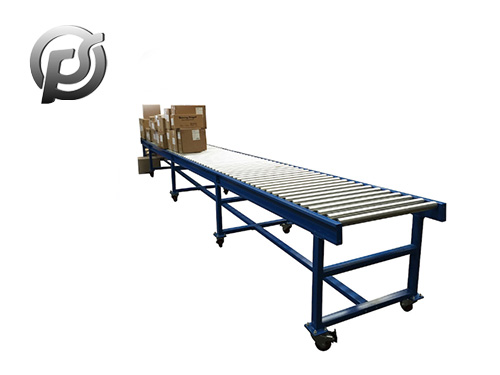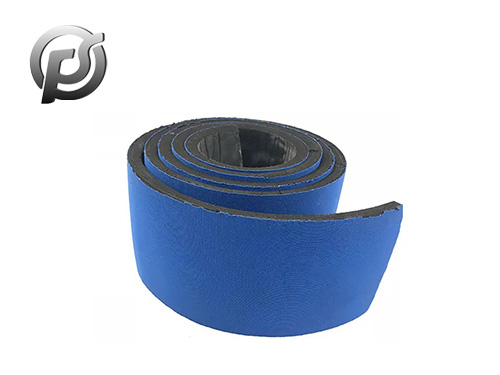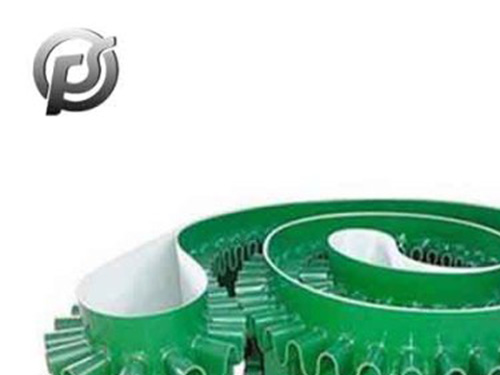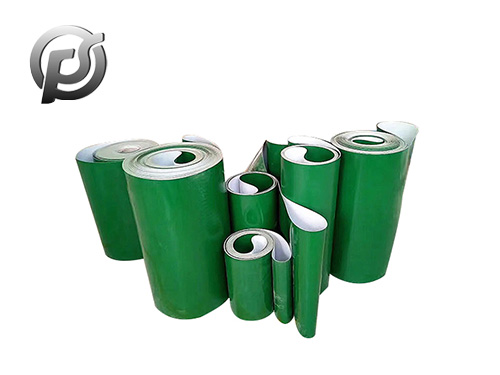Industrial conveyor belts are indispensable components in modern manufacturing, revolutionizing the way materials are transported within production facilities. From automotive plants to food processing facilities, these versatile systems play a crucial role in enhancing efficiency, productivity, and safety.
At the heart of
industrial conveyor belts is their ability to automate material handling processes, streamlining production workflows and reducing manual labor. By transporting raw materials, components, and finished products along predefined paths, conveyor belts eliminate the need for manual transportation, minimizing errors and improving overall throughput.
One of the key advantages of i
ndustrial conveyor belts is their adaptability to diverse manufacturing environments and requirements. Whether it's heavy-duty applications in mining and construction or precise handling in semiconductor manufacturing, conveyor belt systems can be customized to meet specific industry needs. They come in various configurations, including flat belts, roller conveyors, and overhead conveyors, each tailored to optimize efficiency and minimize downtime.
Moreover, industrial conveyor belts contribute to workplace safety by reducing the risk of accidents associated with manual material handling. By automating the transportation of heavy or hazardous materials, they mitigate ergonomic risks and ensure a safer working environment for employees. Additionally, conveyor systems can be equipped with sensors and monitoring devices to detect anomalies and prevent potential issues, further enhancing safety protocols.
In addition to efficiency and safety benefits, industrial conveyor belts also facilitate just-in-time manufacturing practices, enabling companies to operate with leaner inventories and respond quickly to changing market demands. By synchronizing production processes and minimizing inventory storage, conveyor belt systems help companies reduce costs and optimize resource utilization.
Furthermore, advancements in conveyor belt technology continue to drive innovation in manufacturing. From the integration of IoT sensors for real-time monitoring to the use of lightweight materials for energy efficiency, manufacturers are constantly exploring new ways to enhance the performance and capabilities of conveyor systems.
In conclusion, industrial conveyor belts represent a cornerstone of modern manufacturing, enabling companies to achieve higher levels of efficiency, productivity, and safety. As technology continues to evolve, these essential systems will play an increasingly vital role in shaping the future of manufacturing, driving innovation and competitiveness in a global marketplace.


 PE Conveyor Belts: Characteristics, Applications, and Advantages
PE Conveyor Belts: Characteristics, Applications, and Advantages
 Stone Conveyor Belt: Enhancing Efficiency and Productivity in Material Handling
Stone Conveyor Belt: Enhancing Efficiency and Productivity in Material Handling
 Optimizing Operations with PE Conveyor Belts: Durability, Efficiency, and Versatility
Optimizing Operations with PE Conveyor Belts: Durability, Efficiency, and Versatility